Lust at First Sight, no doubt – But where did that first sighting occur?
Where did Errol first see Lili?
Was it here, in Paris?
Or was it here, on the SS Paris?
— Tim
Lust at First Sight, no doubt – But where did that first sighting occur?
Where did Errol first see Lili?
Was it here, in Paris?
Or was it here, on the SS Paris?
— Tim
Posted in Flynn-related, Gentleman Tim, Main Page, Ships & the Sea, Travels, Wives
Lot’s of Fun on Cresta Run … But did “Fanatical Flynn” “Never Finish”?
Or did he finish once?
www.telegraph.co.uk/travel/ski/articles/Skiing-in-St-Moritz-head-first-down-the-Cresta-Run/…
With the slowest time in history, after a stop for champagne?
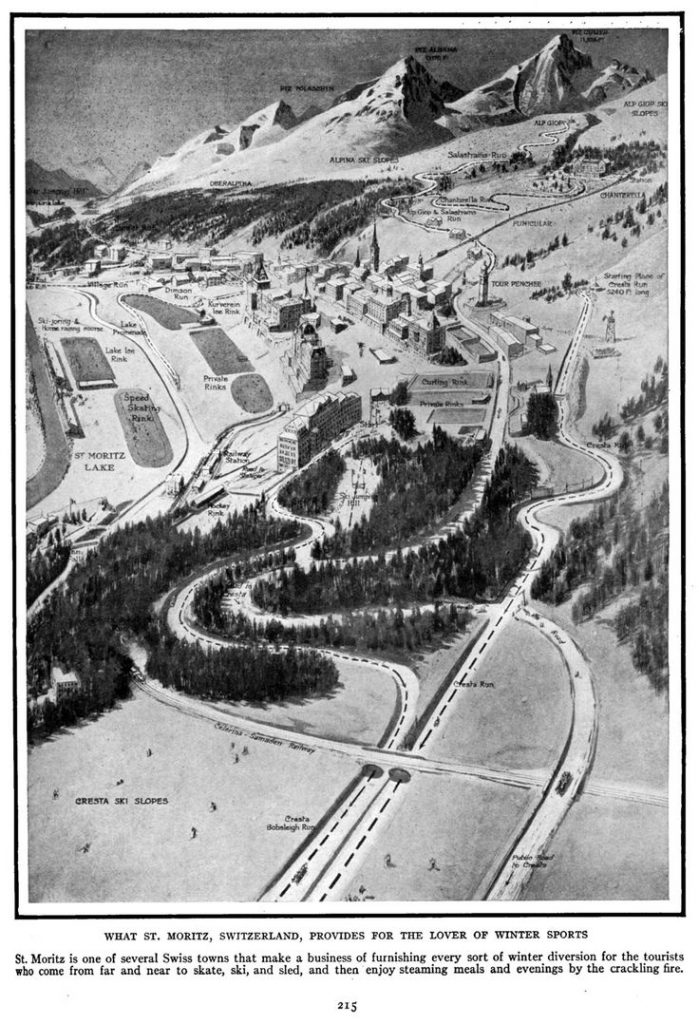
The Infamous “Horseshoe Curve”:
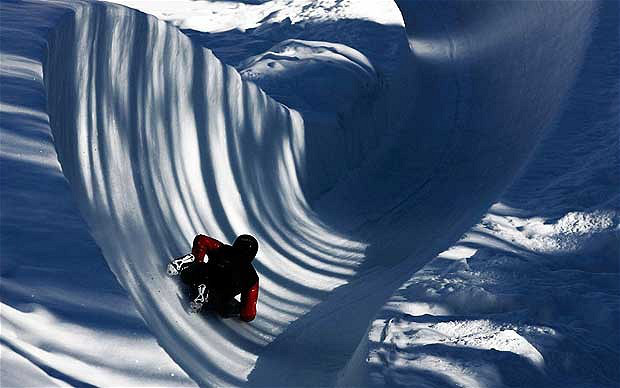
— Tim
Posted in Flynn-related, Gentleman Tim, New Articles, Travels
.
A rash of false fatality fears occurred in 1945, according to the New York Times, following the April 12 death of President Franklin Delano Roosevelt
New York Times, April 14, 1945
“Widespread jitters bordering on mass hysteria seemed to sweep New York yesterday in the wake of Franklin D. Roosevelt’s death, as rumors of killings, accidents and deaths involving prominent persons flooded the city,”
Among the rumored victims mentioned in the story were Van Johnson, Charlie Chaplin, Frank Sinatra, Al Jolson, Errol Flynn, Babe Ruth and Jack Benny. There were so many panicked phone calls to newspapers, radio stations, government offices and private businesses, the Times reported, that harried switchboard operators believed it was part of a conspiracy to hinder communications.
— Tim
Posted Sunday, September 16, 2017
A fascinating behind-the-scenes bio of Warner Brothers’ songwriter, Moe Jerome.
From Tin Pan Alley to Tinseltown, from “A Daughter’s Prayer at Twilight” to “Some Sunday Morning”.
“At Warner Bros. from 1929 to 1949, he wrote, not for the masses, but for a film’s producer who wanted a song for a comedy or a western, or a drama or a musical. Take, for example the 1945 film San Antonio, starring Errol Flynn and Alexis Smith. He and his lyricist partner, Ted Koehler, quickly created a lovely ballad called “Some Sunday Morning.”
“The film was an instant hit. So was “Some Sunday Morning.” It was Flynn and Smith’s romantic theme song. Every time the two appeared on screen, the melody played in the background, courtesy of the film’s composer, Max Steiner. Smith sang it in a large production number set in the local saloon.”
“As early as January 5, 1946, the song made Billboard’s “Honor Roll of Hits,” a list denoting America’s top tunes. It charted at Number 9. Sales of sheet music were also excellent: for 14 weeks, the song was in the top five. And early in 1946, the song was nominated for an Oscar for Best Song.”
Some Sunday Morning”
What initially brought Jerome great fame and success, however, was “Just a Baby’s Prayer at Twilight”, a song he wrote during World War I – once contemporaneously called “the greatest constructed song ever published.”
“Moe had high hopes for a particular melody he wrote, a kind of lullaby he often hummed when he put his young son to sleep. But he wanted this song to be a statement about the cost of the war, what it did to those left behind.”
“Just a Baby’s Prayer at Twilight (For My Daddy Over There)”
— Tim
We’re in your corner!
The Feud Over Feud is Not Over: Livvie Scores an Early Knock Down!m.economictimes.com…
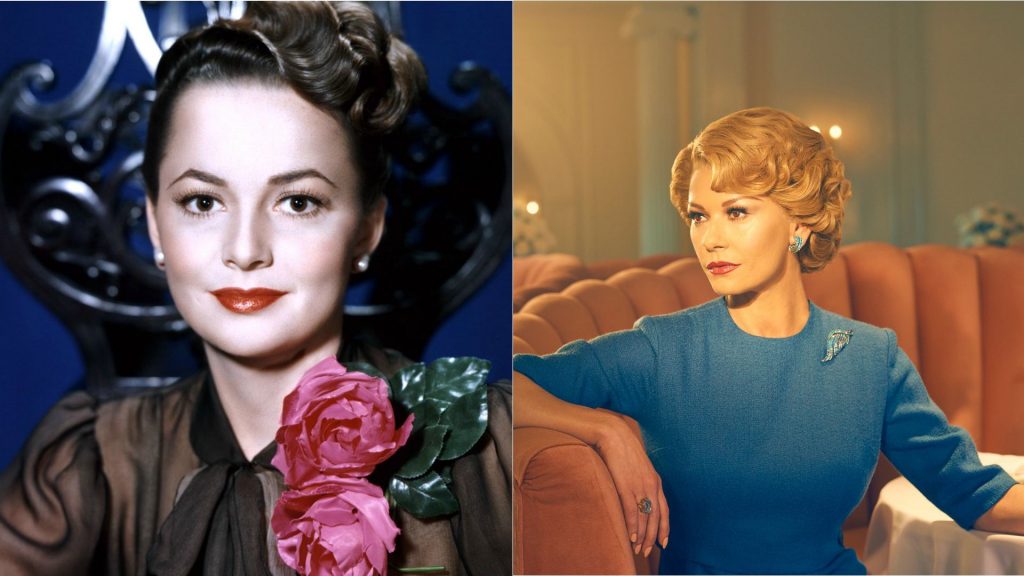
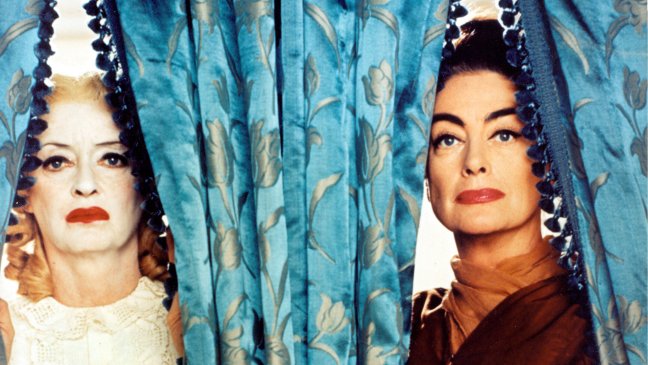
— Tim
Posted in Behind the Scenes, Co-Stars, Flynn-related, Gentleman Tim, Main Page, New Articles
Nasa’s take on Errol and Cyclone Errol
“NASA Sees Remnants of A Once-Swashbuckling Cyclone Errol in So. Indian Ocean”
“Unlike the famous Hollywood actor of days gone by the remnants of cyclone Errol are no longer making a lot of noise in the Southern Indian Ocean. In fact, NASA satellite data reveals that wind shear has taken its toll on the center of the storm’s circulation, despite some improved convection.”
“Errol Flynn was an actor in the 1930s and 40s known for his swashbuckling film roles in movies like Captain Blood and Robin Hood. Cyclone Errol was known for its rains and wind in northern Western Australia and then in Indonesia’s West Timor.”
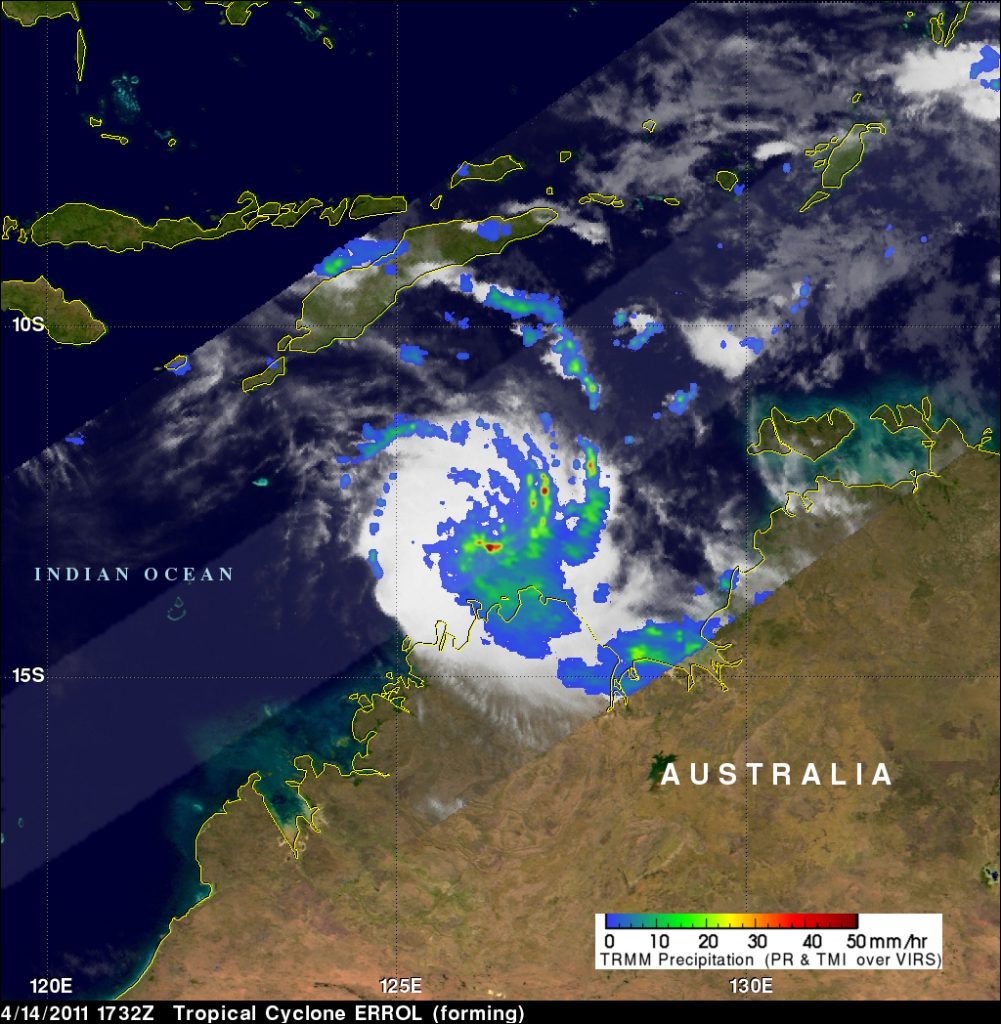
— Tim
Posted in Flynn-related, Gentleman Tim, New Articles
John L. Sullivan v. Gentleman Jim Corbett
www.thesweetscience.com…
(See the last three paragraphs for the Flynn connection)
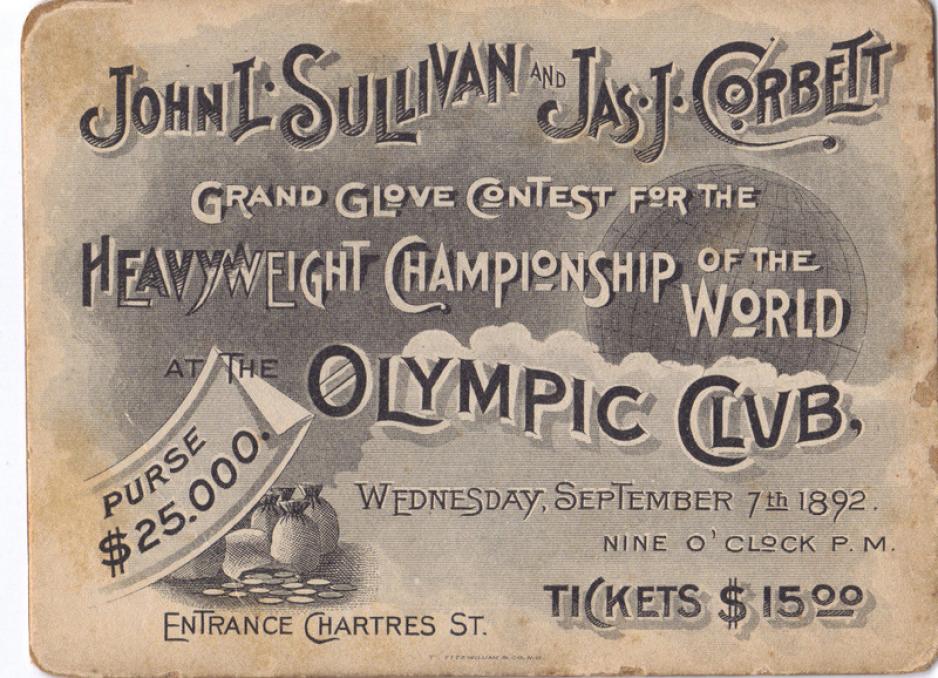
And listen to Liam Neeson’s introduction of (Errol) “one of the ultimate matinee idols” playing (Gentleman Jim) “one of the first matinee idols.” (at 1:09:54 through 1:12)
— Tim
Posted in Film Clips, Flynn-related, Gentleman Tim, Main Page, New Articles
I think it would be great to collect and publish names of Zaca crew members since the days of the legendary schooner’s first launch in Sausalito nearly ninety years ago.
It’s been reported that Templeton Crocker’s Zaca had up to eighteen crew members, including on his circumnavigation of the world, and his legendary scientific expeditions. This included his personal valet, a doctor, and a photographer. From photos, it appears the Navy appears to have had that amount or even more crew.
The number of crew on Zaca when Errol sailed her appears to have varied.
Nail polish millionaire, Freddie Tinsley, certainly must have had some crew at times, mostly only a skeletal crew for dockside entertainment. It’s unclear, however, how often he actually sailed The Zaca.
I am not certain if Joseph Rosenberg, Bernard Voisin or Phillip Coussins ever actually sailed Zaca.
Today’s Zaca – majestically restored and cared for by its current owner, Robert Memmo – has been said to day cruise out of Monaco with as few as four in its crew.
For the historical record, can anyone help name members of these various crews?
(Ahoy San Francisco Bay Area Marine Historians, Wallace Berry, WWII Navy Alumni Associations, Port Antonians, Bonny Cother, and Palma de Majorcans!!!)
1929 – 1942 – Templeton Crocker, San Francisco
1942 – 1945 – U.S. Navy – renamed “USS Zaca” “IX-73”, San Francisco
1945 – 1945 – War Shipping Administration
1945 – 1946 – Joseph Rosenberg, San Francisco
1946 – 1959 – Errol Flynn, San Francisco, Los Angeles, Jamaica, Mediterranean
1959 – 1965 – Freddie Tinsley, Palma de Mallorca to Villefranche Su Mer
1965 – 1990 – Bernard Voisin, Villefranche Su Mer
1990 – 1990 – Phillip Coussins, Villafranche Su Mer
1990 – 2017 – Robert Memmo, Monaco
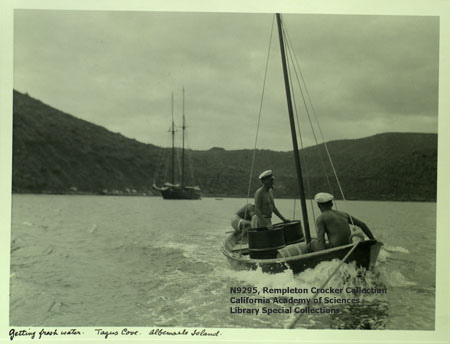
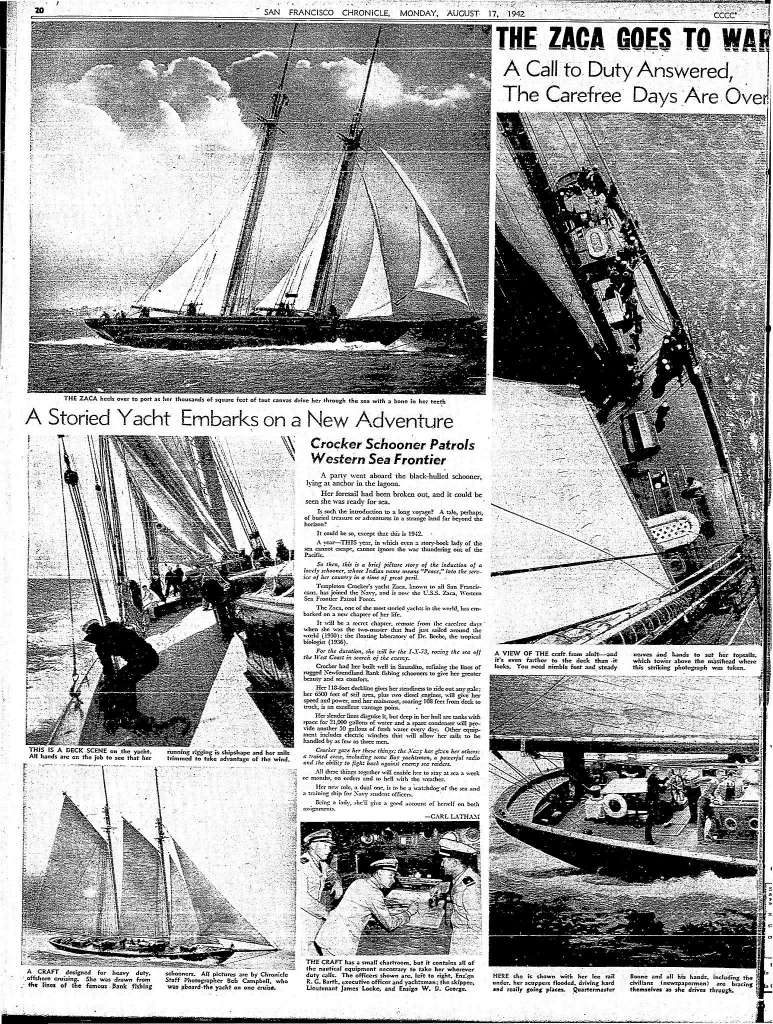
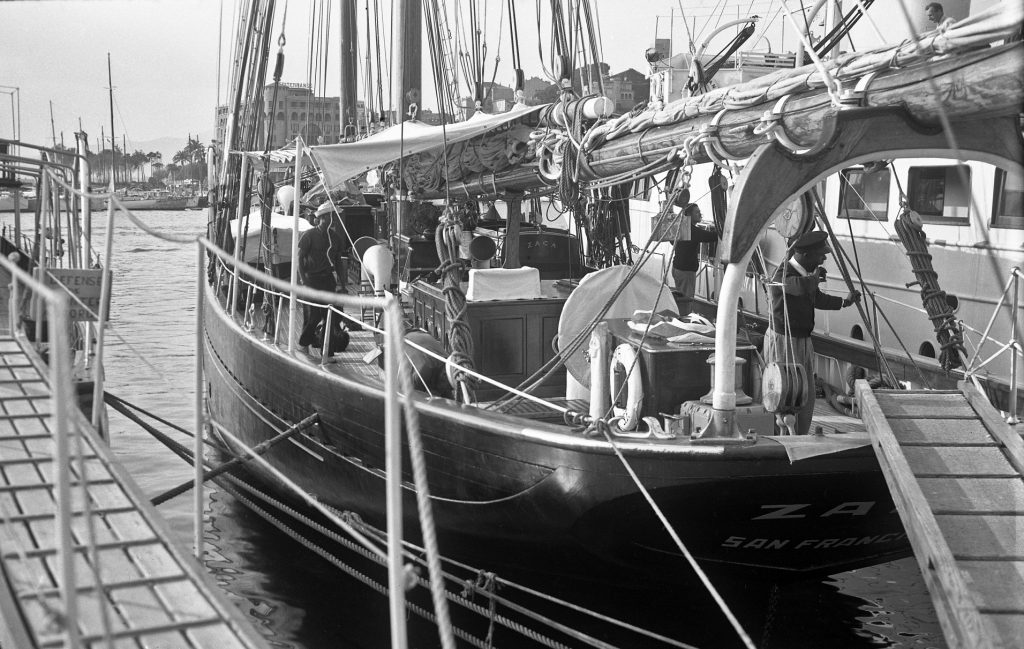
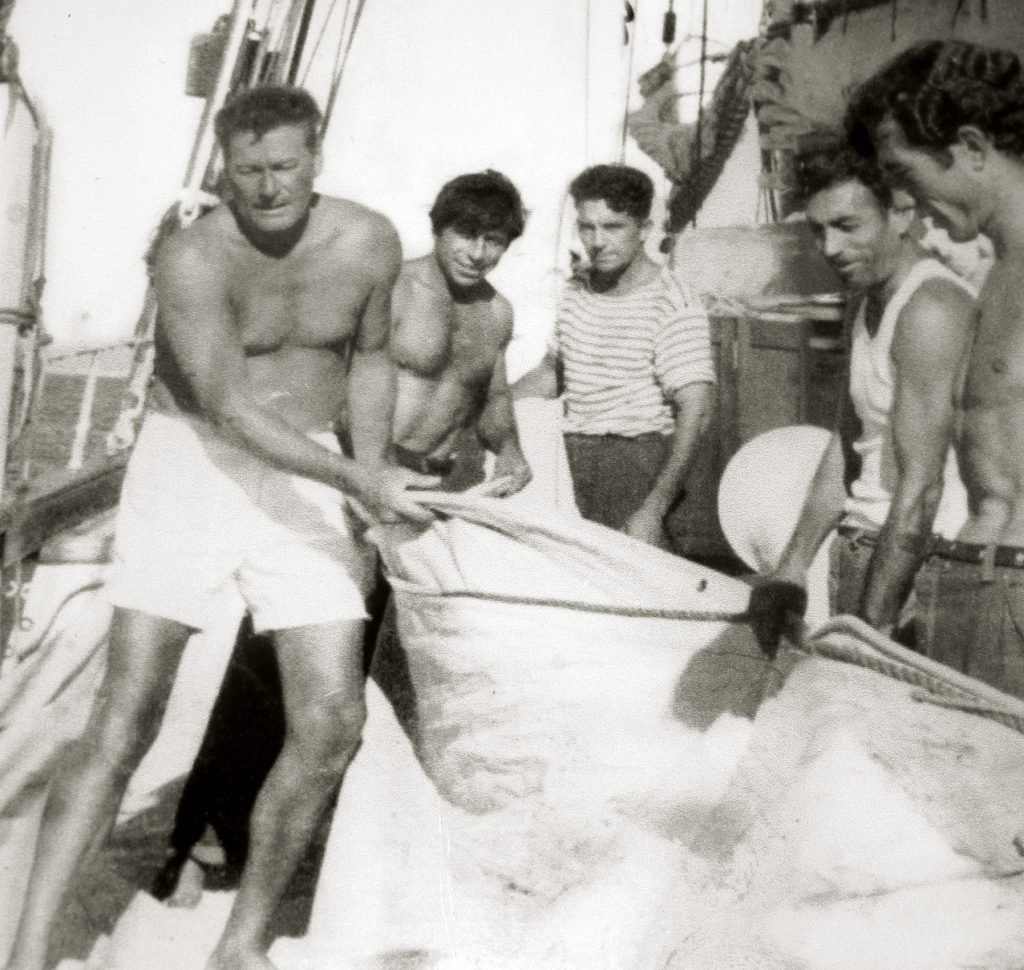
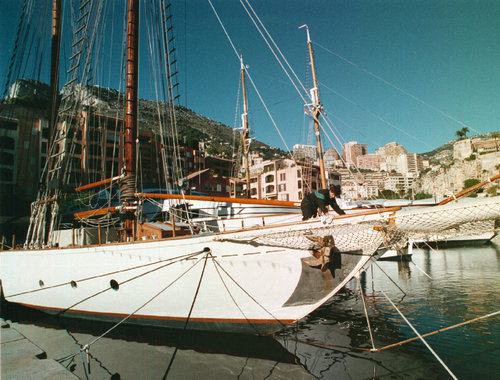
LE “ZACA” DANS LE PORT DE FONTVIEILLE, MONACO.
Some of the crews can be seen in the videos below:
— Tim
One Beveridge Too Many?
From the Daily Mail:
“Mr Cooper is a survivor of the infamous Marques disaster that left 19 drowned in 1984.”
“Speaking to the Times, Mr Cooper, a veteran ocean sailor who once captained a ship for Hollywood film star Errol Flynn, continued: ‘We realised the boat was not sinking and that the best place to be was on board. We sat it out until the waves pushed us far enough onto the reef to be away from the breakers.”
[I believe this is likely a misstatement by the Daily Mail, not by Mr. Cooper, who likely said he was captain for one of Errol’s (former) ships, not for Errol himself.]
www.dailymail.co.uk/news/article-4835088/Sailor-rescued-reef-Pacific-family.html…
— Tim
Posted in Flynn-related, Gentleman Tim, New Articles, Ships & the Sea, Sirocco
ChocoTheme by .css{mayo} | powered by WordPress